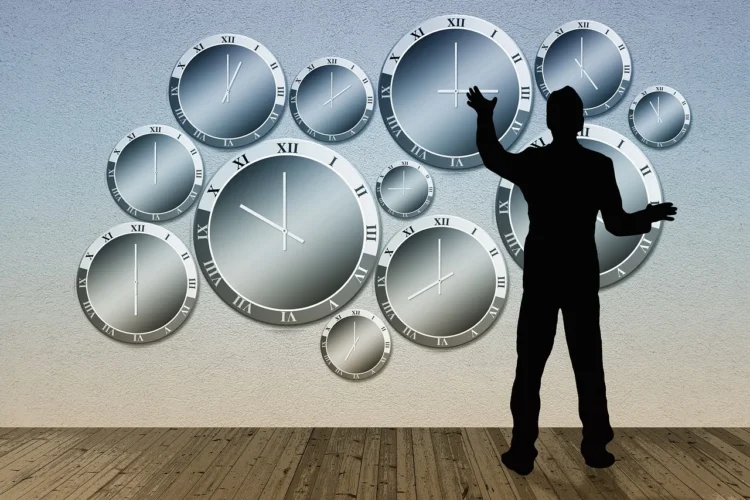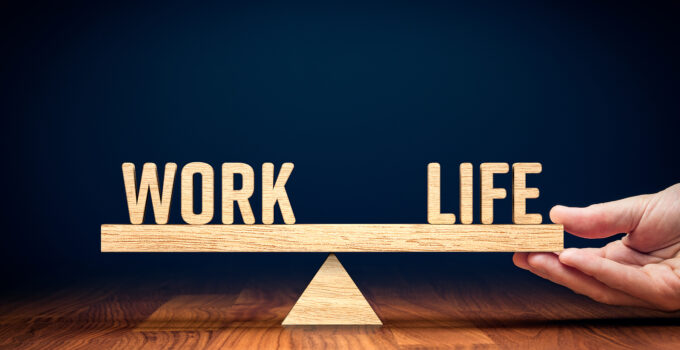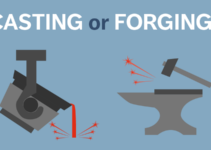The distinction between work and personal life is becoming increasingly blurred, particularly with the rise of remote work setups alongside traditional office environments.
This shift underscores the growing importance of achieving a healthy work-life balance—not only for personal well-being but also for professional productivity.
Today, I will go through the significance of maintaining this balance, the benefits it brings, and practical strategies to implement it effectively in both remote and traditional work settings.
Page Contents
Signs of Imbalance

Source: stratus.hr
Recognizing the signs of a poor work-life balance is crucial for taking timely action to mitigate potential negative impacts. Key symptoms include:
Constant Overwork
When work hours consistently extend beyond normal business hours, it’s a clear sign that professional demands are overshadowing personal time. This often leads to exhaustion and can drastically affect one’s efficiency and enthusiasm towards work. Going through these issues alone is a struggle. That is why career coaching can be of massive help.
Neglecting Personal Life
This occurs when there is little to no time left for personal interests, family, or social activities. When work consistently takes precedence, relationships and personal well-being can deteriorate, leading to isolation and decreased life satisfaction.
Feelings of Burnout
Burnout is a state of emotional, physical, and mental exhaustion caused by excessive and prolonged stress. It manifests as feelings of overwhelming exhaustion, cynicism towards the job, and a sense of ineffectiveness or failure.
Time Management and Scheduling

Source: pixabay.com
Effective time management is crucial for balancing work tasks with personal activities. This section introduces time management strategies and techniques, including the Pomodoro Technique, prioritizing tasks, and setting achievable daily goals.
These tools help individuals manage their work commitments efficiently while also making time for personal pursuits.
Stress Management and Self-Care
Stress management and self-care are essential for sustaining one’s health and productivity. This section emphasizes the significance of incorporating regular breaks, engaging in leisure activities, and adopting healthy lifestyle practices to maintain optimal well-being and performance.
Importance of Regular Breaks

Source: medriva.com
Taking breaks throughout the workday is vital to prevent mental fatigue and maintain concentration. Short pauses not only refresh the mind but also improve problem-solving abilities and creativity.
For instance, the practice of taking a five-minute break every hour—such as stepping away from the desk, stretching, or doing a brief meditation—can significantly enhance work output and attention.
Engaging in Leisure Activities
Leisure activities that disconnect one from work duties can have a rejuvenating effect. Activities like reading, hiking, or pursuing a hobby not only offer relaxation but also enhance one’s identity outside of work roles.
Engaging in such activities helps reduce stress and boosts mood, contributing to overall job satisfaction and life contentment.
Mindfulness Practice

Source: verywellmind.com
Mindfulness involves staying present and fully engaged with the current moment without judgment. Regular practices such as meditation, mindful breathing exercises, or yoga can reduce stress levels, enhance emotional resilience, and improve overall mental health.
These practices help cultivate a sense of peace and calm, enabling individuals to handle work pressures more effectively.
Regular Physical Activity
Physical exercise is a powerful stress reducer. Activities like walking, running, cycling, or team sports not only improve physical health but also promote mental well-being.
Exercise releases endorphins, chemicals in the brain that act as natural painkillers and mood elevators, reducing stress and leading to feelings of euphoria.
The Bottom Line
Maintaining a healthy work-life balance is not only beneficial but necessary for sustaining personal well-being and professional productivity over time.




